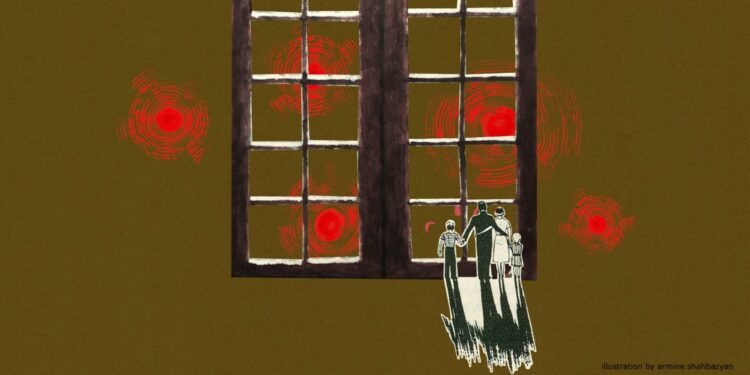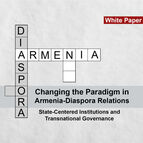Opinion
It Has To Be Said: She
In this week’s “It Has To Be Said” editorial, Maria Titizian reflects on the latest domestic violence case in Armenia that left a woman dead and her 13-year-old daughter fighting for her life.
A Coward’s Mother Does Not Weep
Toxic masculinity is not only an attack on femininity, it is also an attack on manliness, on the cultural precepts of Armenian society and it is an assault of ontological proportions, writes Nerses Kopalyan.
It Has To Be Said: The Quest to Obtain Citizenship
Our weekly editorial “It Has To Be Said” looks at one woman’s odyssey to obtain Armenian citizenship and the broader issue of an ineffective and counterproductive civil service.
Sovereign Wealth Funds and the Tragedy of the Commons
The 21st century has witnessed the rapid encroachment by capitalism on what is referred to as the “commons,” writes Sjur Papazian. He argues that surplus from mining in Armenia could be placed in a permanent fund for the benefit of all.
Changing the Paradigm in Armenia-Diaspora Relations
How should Armenia-Diaspora relations develop moving forward? This new White Paper argues that relations must be defined through state-centered institutions and transnational governance.
Is the Diaspora Patriotic Enough?
If we are to develop and build a functional relationship between the Homeland and the Armenian Diaspora, we need to understand the discrepancy between the Diaspora’s devotion to Armenianness and the Republic of Armenia’s vision for the Armenian world.
A Crime Against Humanity, History and Memory
After a decades-long struggle by the Armenian-American community, the U.S. House of Representatives officially recognized the Armenian Genocide of 1915. Maria Titizian writes about the significance of this resolution for her and all Armenians, despite the motivations behind the vote.
Turkey, the Kurds and the Generational Trauma of the Armenians
When Turkey launched its military offensive in northeastern Syria, it triggered something in the minds and hearts and memories of many Armenians.
From Protecting the Corrupt to Punishing the Corrupt (or It Seems)
Can the popularity of the National Security Service be sustained after the dismissal of Artur Vanetsyan? It can, but only through one mechanism: rigid institutionalization and the complete alleviation of the personalization of politics in Armenia.
On the Use of the Army in Suppressing Protests in Armenia in March 2008
While Armenia’s second President Robert Kocharyan’s trial continues, Sossi Tatikyan writes about the need to amend relevant provisions of the Constitution to delineate the distinct responsibilities of the army and internal security forces, and to ensure checks and balances when declaring a state of emergency.












